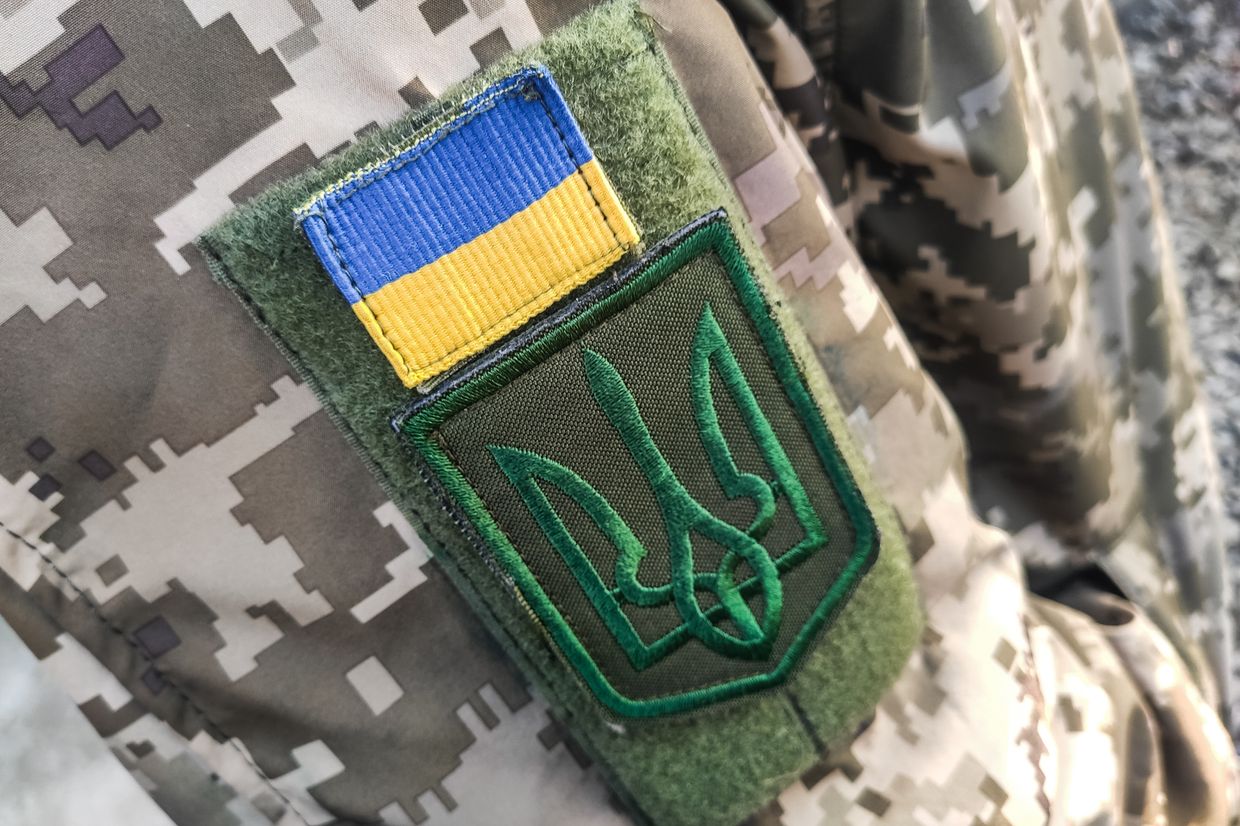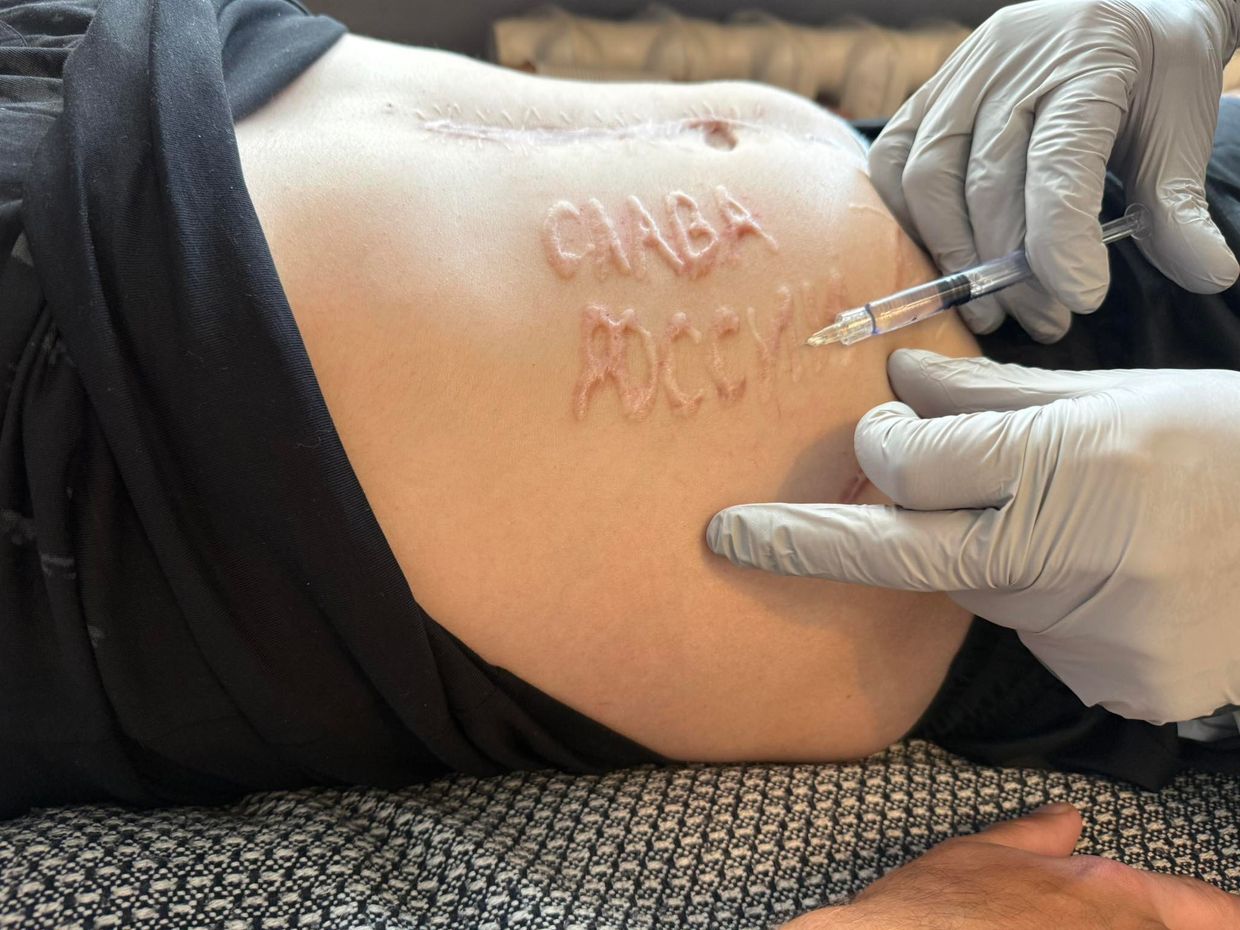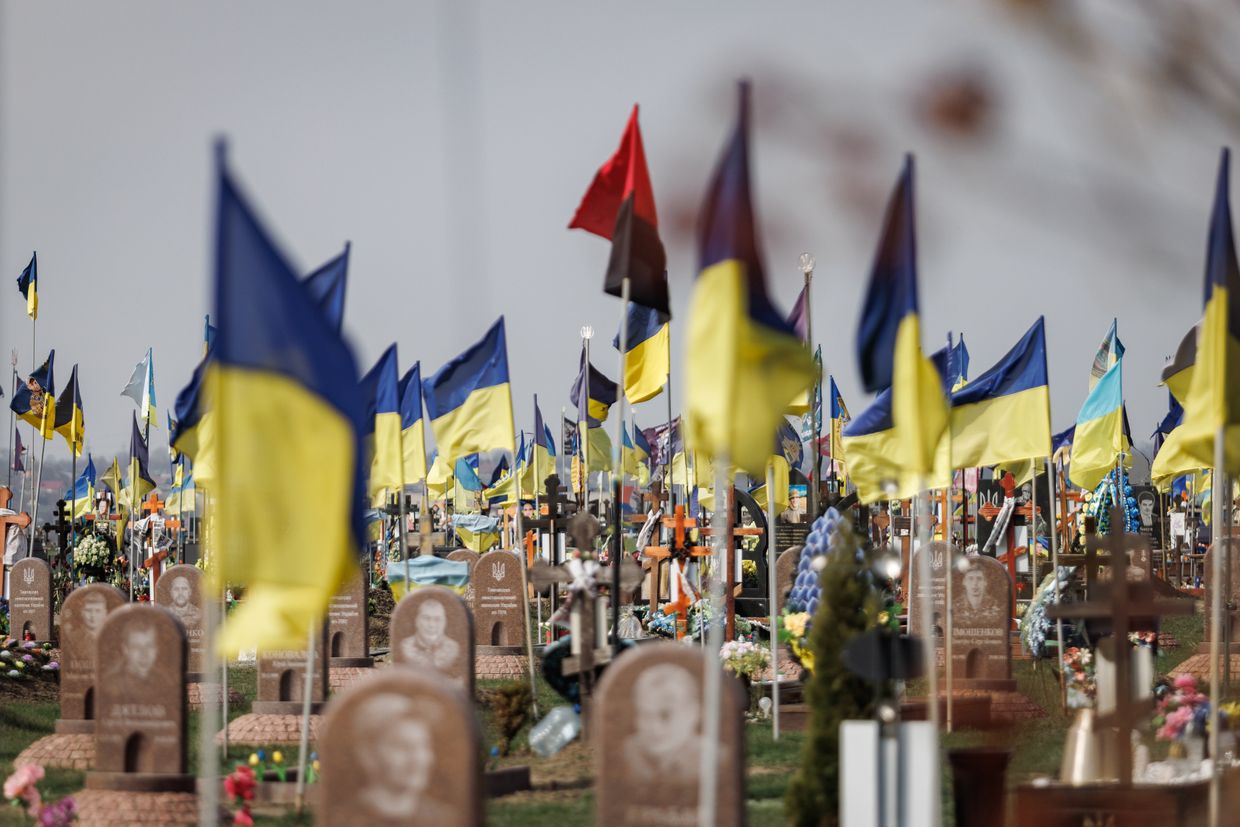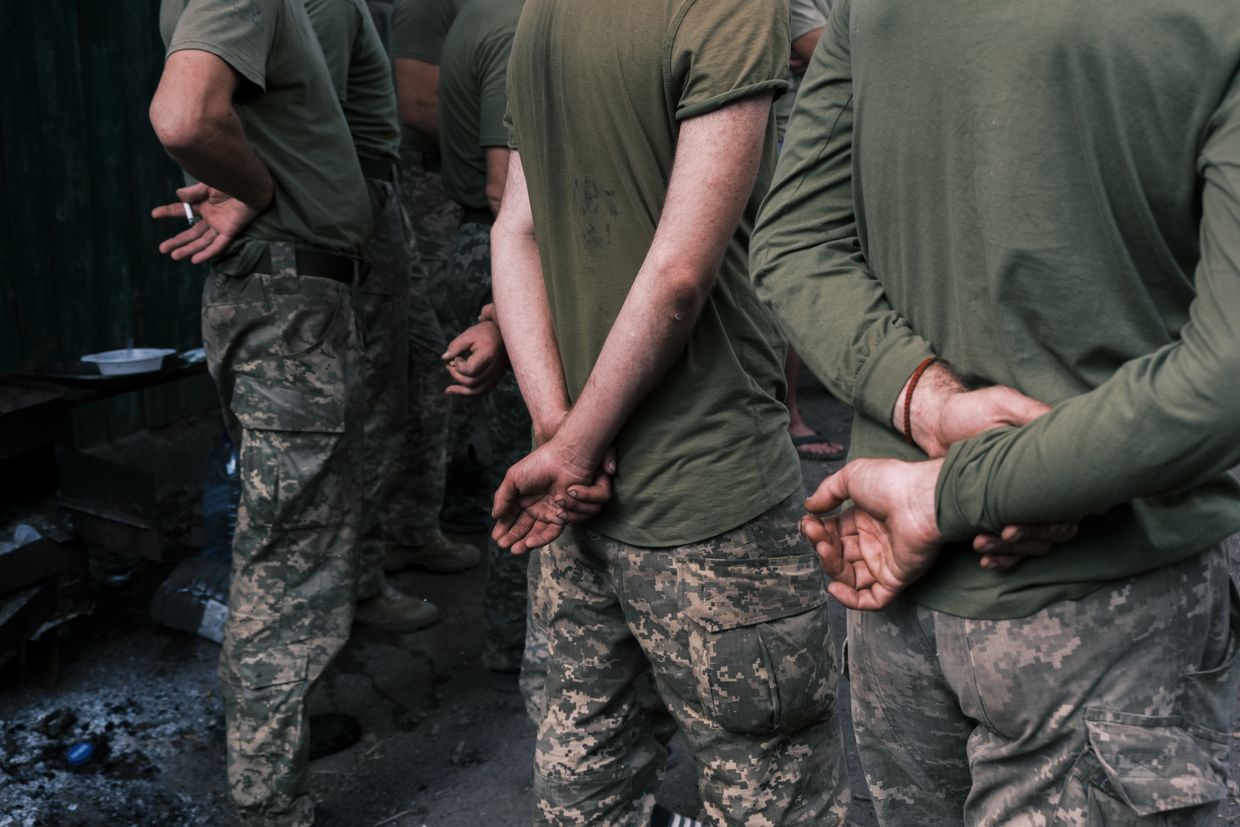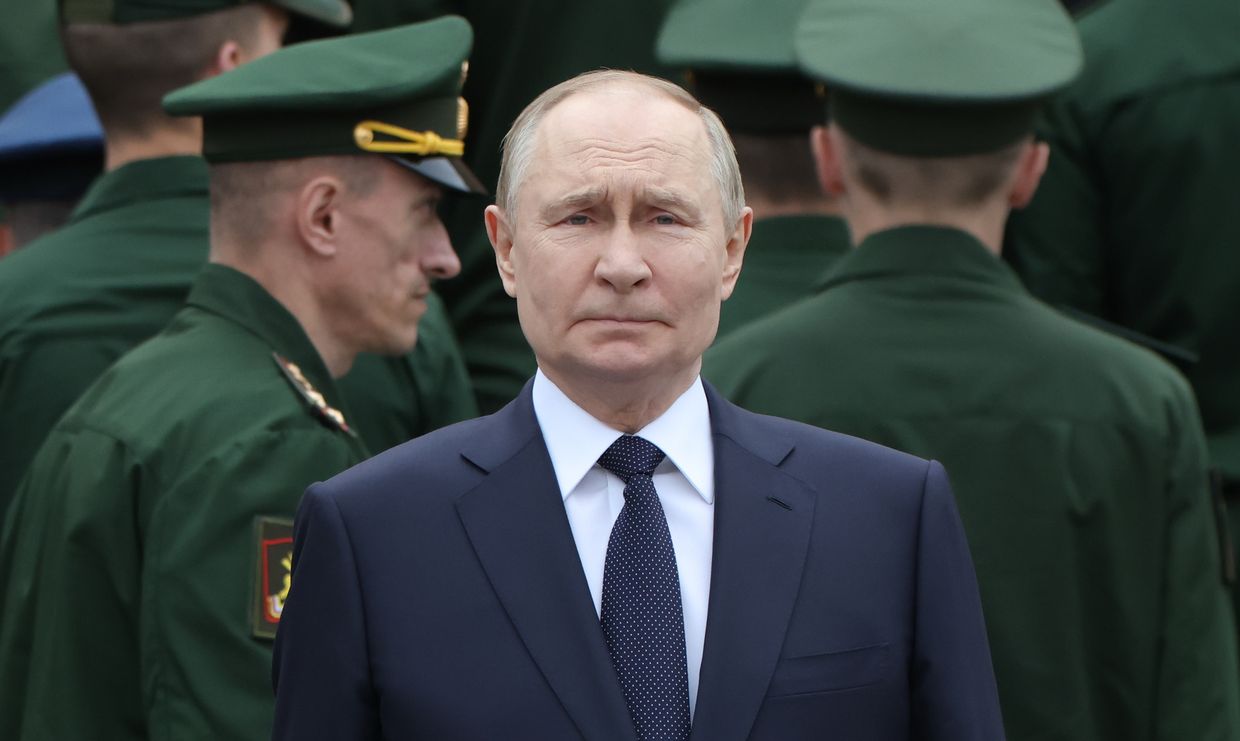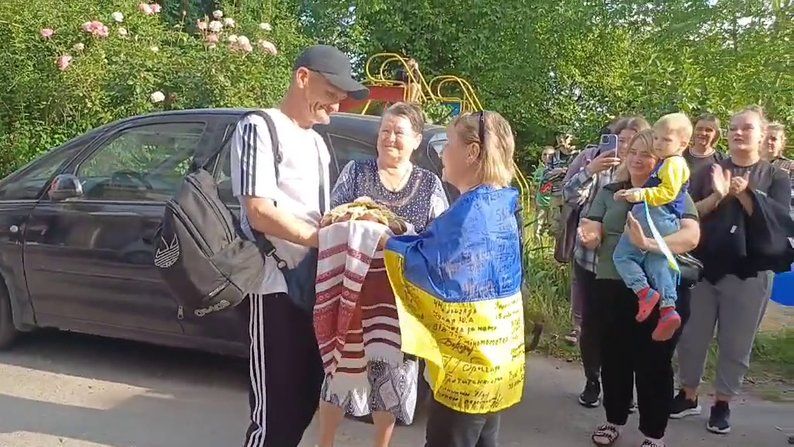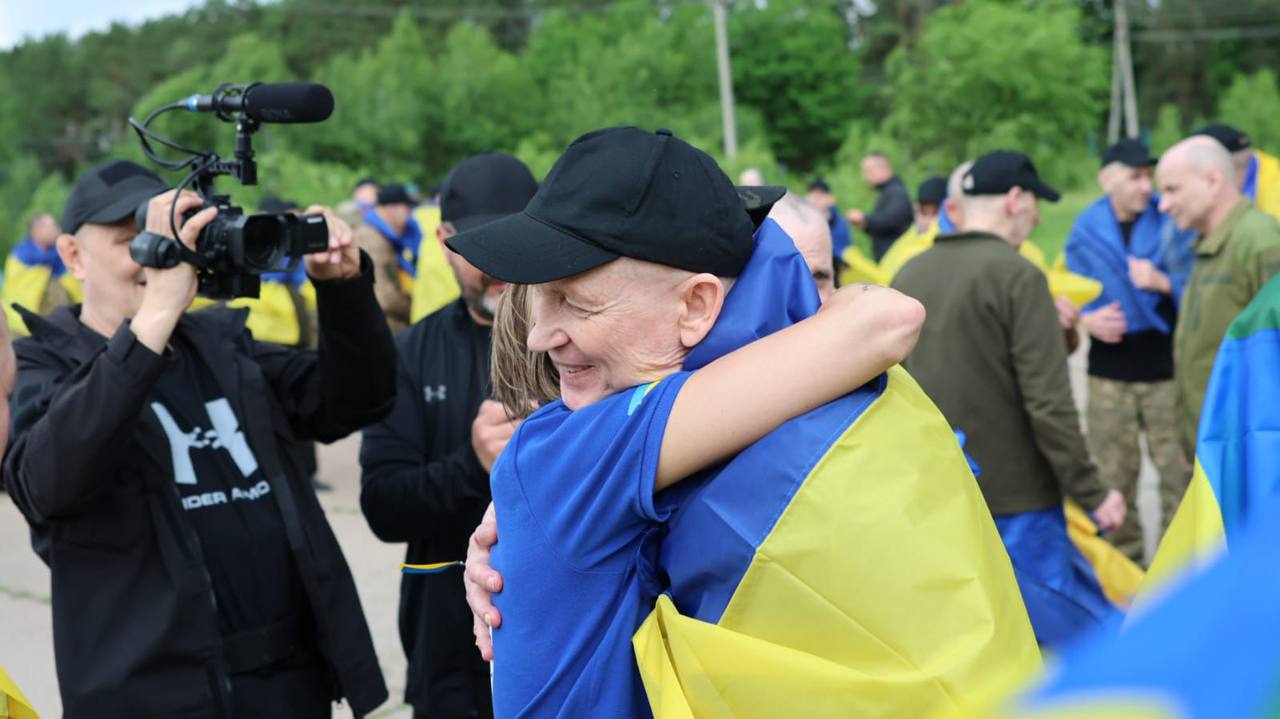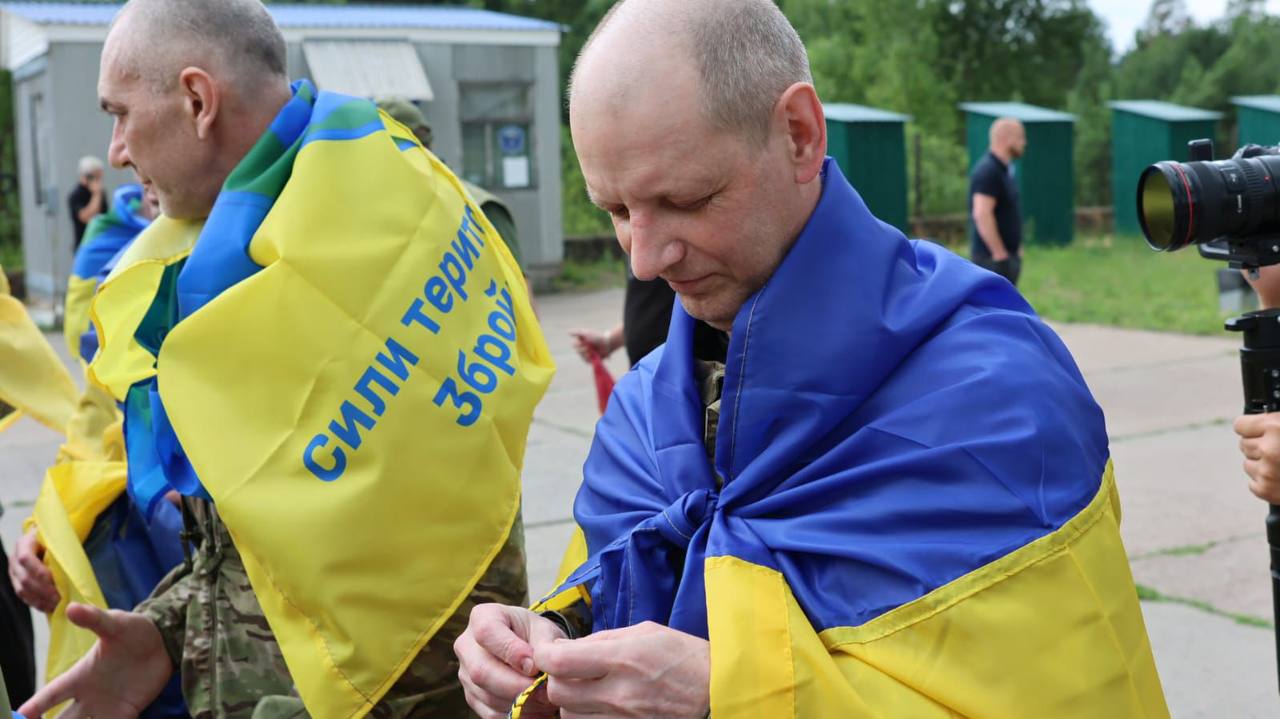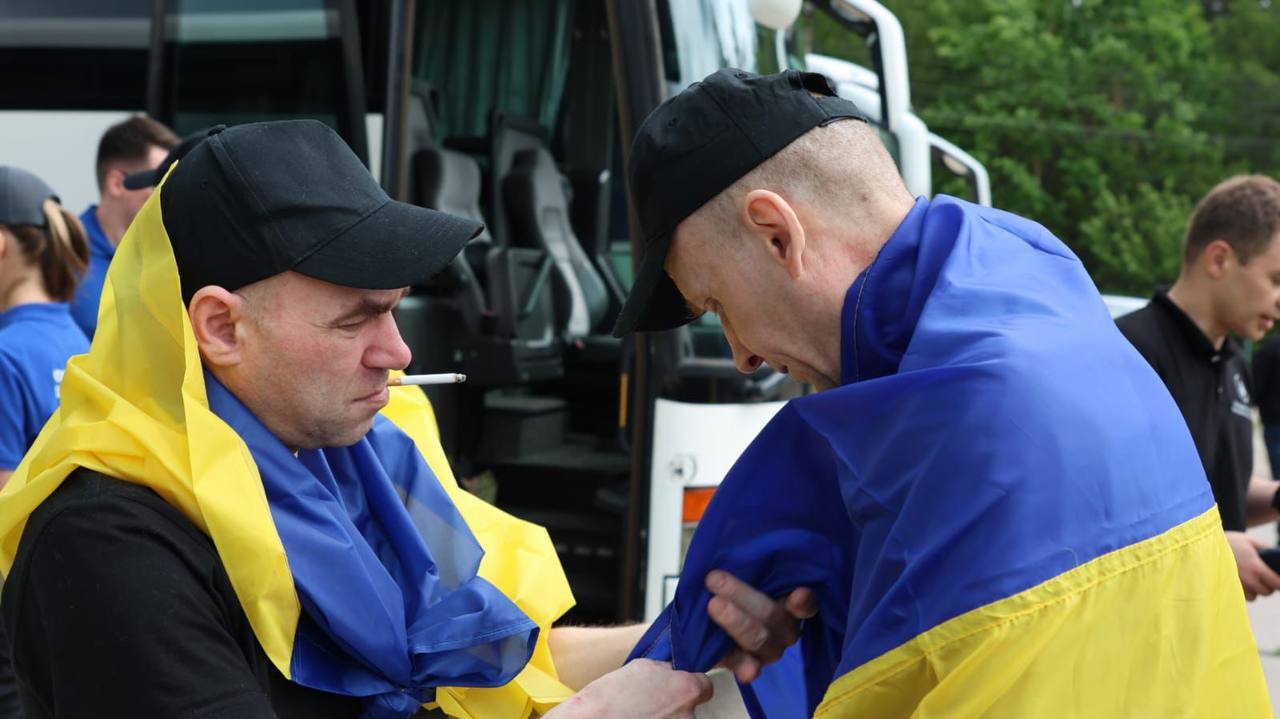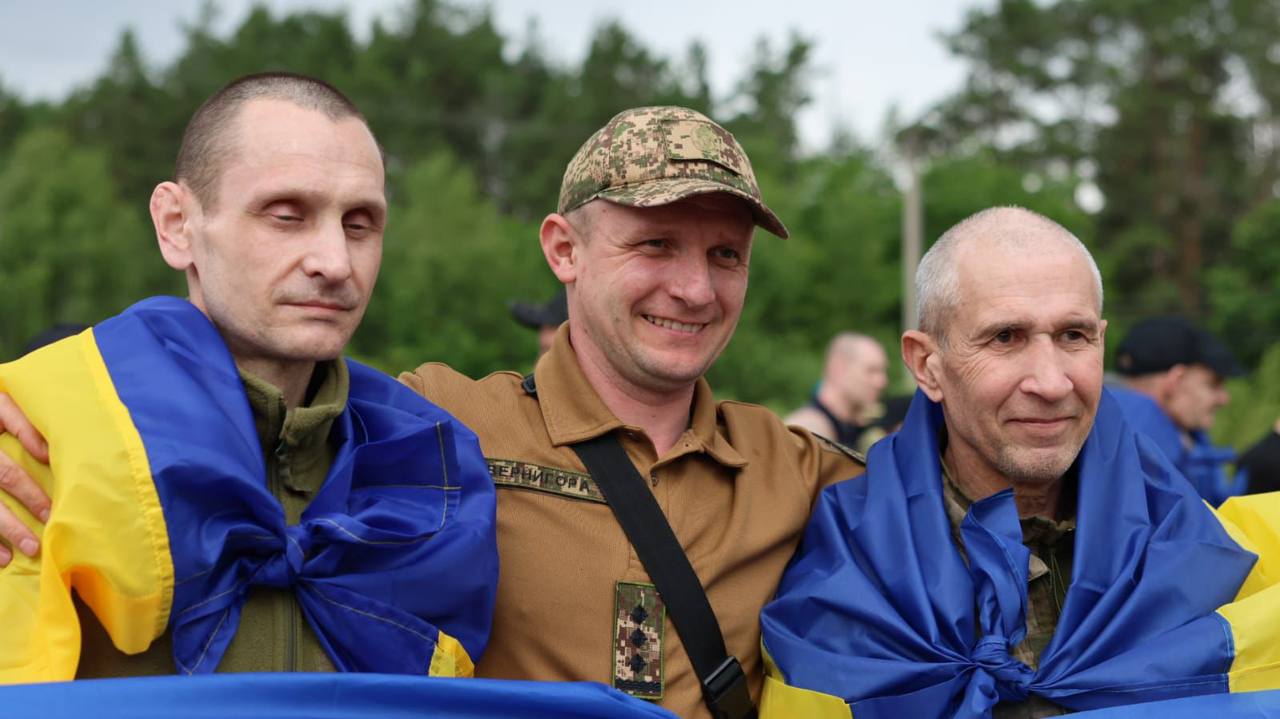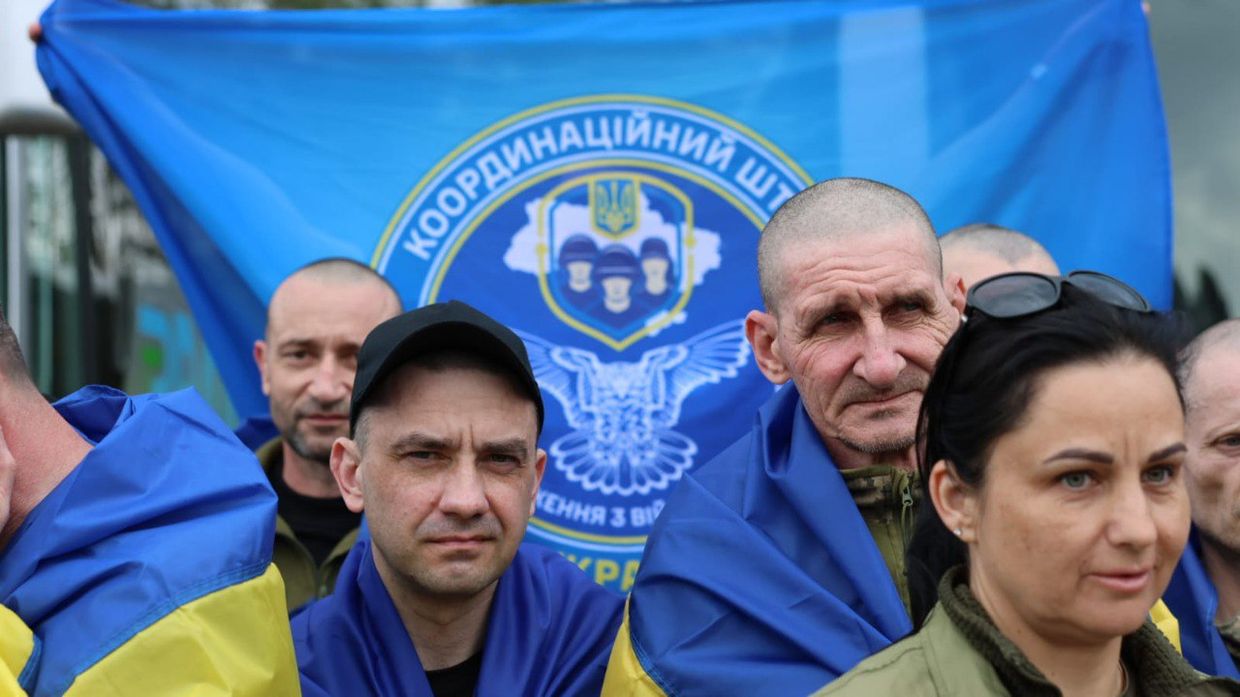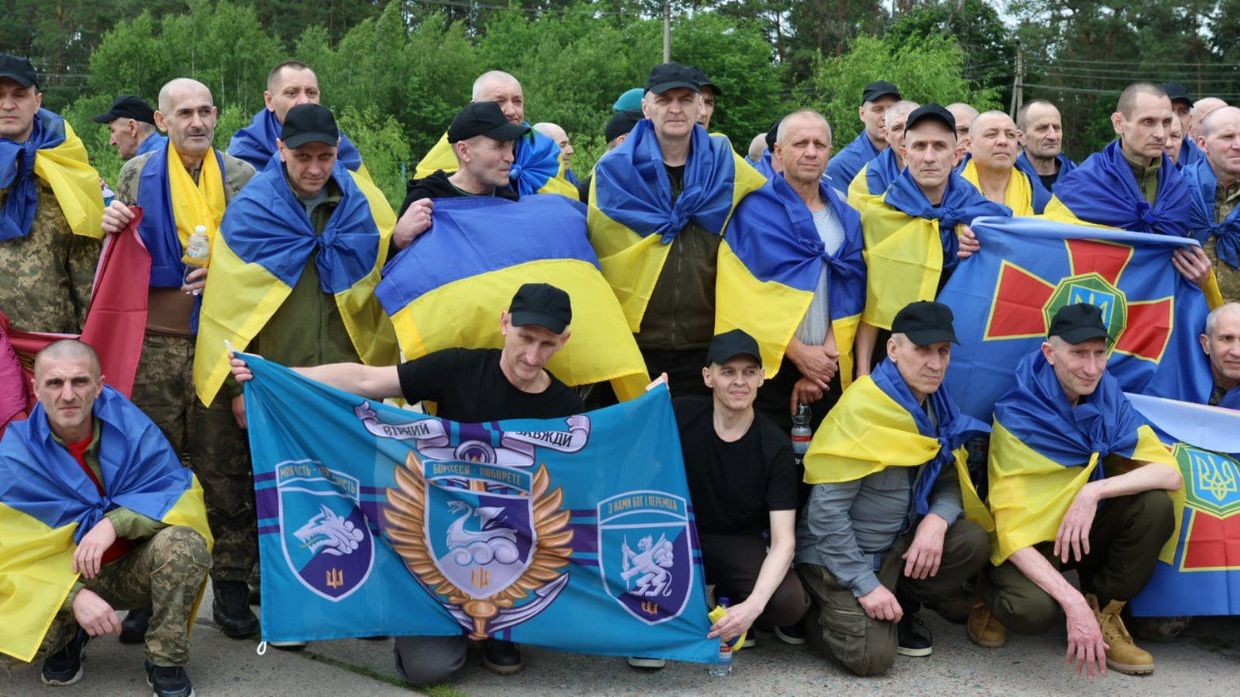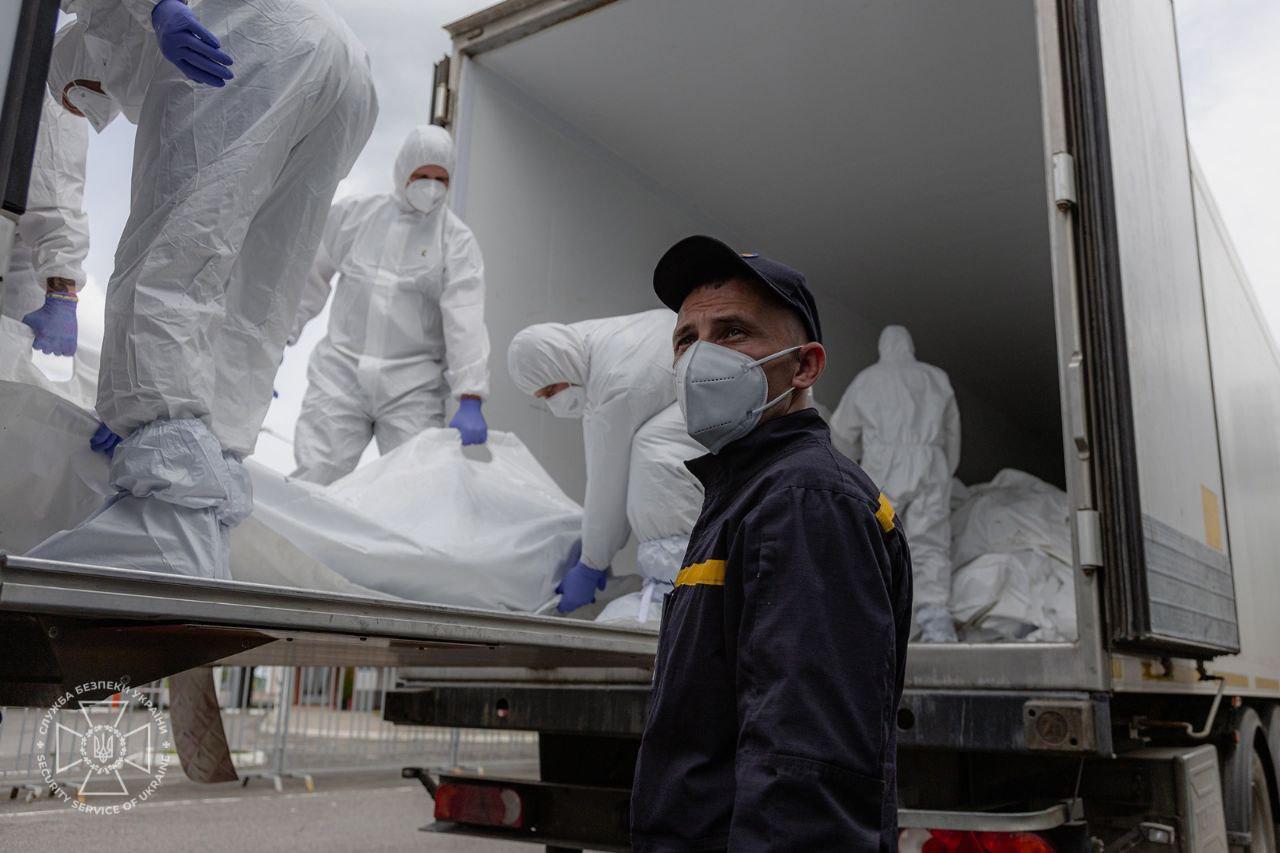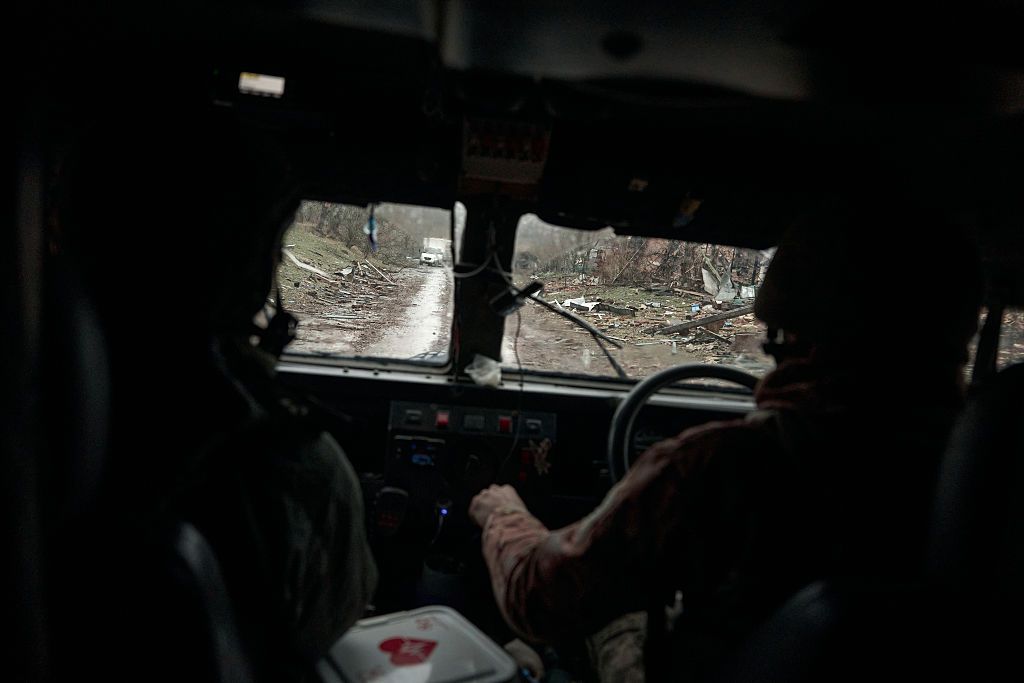Life sentence for Russian who executed Ukrainian POW exposes stark asymmetry in prisoner treatment
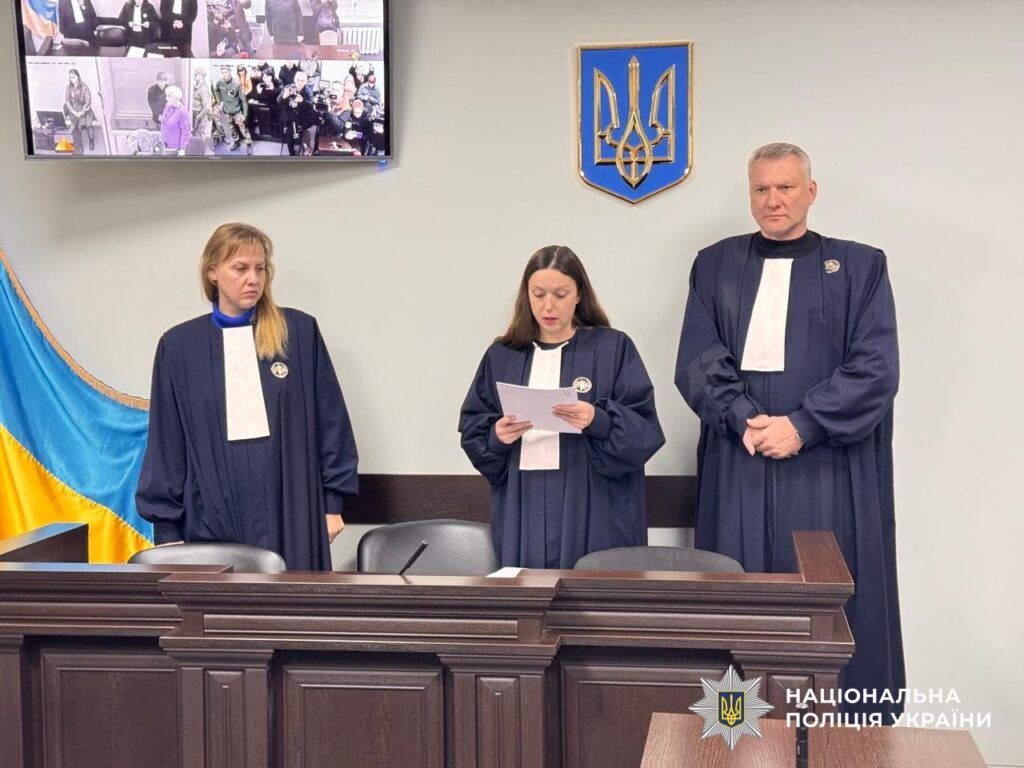
A Ukrainian court sentenced a Russian soldier to life in prison on 6 November for executing a surrendered Ukrainian prisoner of war—the first such ruling in Ukraine's history. The verdict exposes a pattern documented throughout 2025: Russia systematically tortures, kills, and conceals Ukrainian POWs from monitors, while international bodies report Ukraine provides Russian captives with medical care and unrestricted UN access.
Dmitry Kurashov, 27, shot 41-year-old veteran Vitalii Hodniuk at point-blank range in January 2024 after Hodniuk ran out of ammunition and laid down his arms, according to Ukraine's Security Service (SBU). Ukrainian forces captured Kurashov later that same day. He had been recruited from a Russian prison to serve in a "Storm-V" assault unit, Suspilne reported.
Why this verdict matters now
The Zaporizhzhia court conviction arrives as three major international investigations—by the OSCE, Amnesty International, and the UN Human Rights Monitoring Mission—published findings throughout 2025 documenting systematic Russian violations of international humanitarian law.
The reports describe a deliberate policy architecture: torture as routine practice, enforced disappearances to prevent accountability, manipulation of international monitors, and denial that captured Ukrainians qualify as prisoners of war at all.
The contrast with Ukraine's treatment of Russian prisoners could hardly be sharper. While Russia conceals captives and blocks monitor access, Ukraine maintains established internment facilities with full UN oversight.
Immediate torture and killings upon capture
Kurashov's execution of Vitalii Hodniuk is far from an isolated case. Radio Free Europe/Radio Liberty reported another case: 33-year-old Ukrainian National Guard soldier Vladyslav Nahornyi, captured near Pokrovsk in August 2025. Russian forces took him and seven other Ukrainian soldiers to a basement, hands tied behind their backs.
From his hospital bed, unable to speak after Russian forces slit his throat, Nahornyi described in written notes what happened next. The reconnaissance soldiers captured first had their eyes gouged out, lips cut off, ears and noses removed, male organs mutilated. Then Russians cut all their throats and threw them into a pit. Nahornyi was the only survivor. Using a broken glass bottle, he cut his bindings, bandaged his throat, and crawled for five days to Ukrainian positions.
His survival suggests many more Ukrainian soldiers may have been killed or tortured to death immediately after capture. Not officially recognized as prisoners of war, they never stood a chance at survival. The case exemplifies the summary violence toward Ukrainians that has become standard practice by Russian forces.
Systematic torture in Russian detention facilities
Amnesty International's March 2025 report "A Deafening Silence" documented torture methods used systematically across Russian detention facilities. Researchers interviewed dozens of former Ukrainian POWs and civilian prisoners who described remarkably consistent patterns: immediate torture upon capture, electric shocks, beatings severe enough to cause death, denial of medical care, and prolonged isolation designed to break prisoners psychologically.
Russian authorities use torture not primarily for interrogation but as punishment and intimidation. Many prisoners described being tortured even after providing all requested information. The goal appears to be inflicting maximum suffering rather than extracting intelligence.
Enforced disappearance emerged as another systematic practice. Russia refuses to acknowledge holding many Ukrainian prisoners, making it impossible for families to locate them or for international monitors to verify their treatment. Some prisoners remain "disappeared" for months before Russia acknowledges their captivity—if it ever does.
How Russia manipulates the Red Cross
An OSCE expert mission presented findings on 25 September revealing how Russian authorities stage-manage International Committee of the Red Cross visits. Moscow allows access only to select prisoners in relatively good condition while concealing others entirely, creating a false impression of compliance with Geneva Convention requirements for neutral monitoring.
The OSCE mission documented that Russian forces refuse to recognize captured Ukrainian military personnel as POWs at all, instead designating them as "persons detained for countering the special military operation." The same designation is used for detained Ukrainian civilians. Hence Russia treats them in criminal courts as "terrorists."
This classification, though completely fictitious and nonsensical, strips them of Geneva Convention protections and provides Russia with a legal pretext for abuse that would otherwise be clearly prohibited under international humanitarian law.
The report found that Russia routinely subjects Ukrainian military personnel to torture and summary executions, and maintains a system designed to prevent accountability. These policies may constitute war crimes and crimes against humanity under international law.
Ukraine grants "unfettered access" to Russian POWs
The UN Human Rights Monitoring Mission operates with "unfettered access" to Russian POWs held in established Ukrainian internment facilities. International monitors can visit any facility, interview any prisoner, and verify conditions without restriction—the standard required under the Geneva Conventions but systematically violated by Russia.
A March 2025 investigation by ZMINA.info examined why Amnesty International's major report on POW treatment focused exclusively on Russian violations. The answer was straightforward: Amnesty International Ukraine's separate study found Russian POWs in good physical condition receiving appropriate medical treatment. There was no pattern of systematic abuse to document.
Read also:
Ukraine documents 190,000 war crimes — and believes they prove Russia's plan to erase the nation
